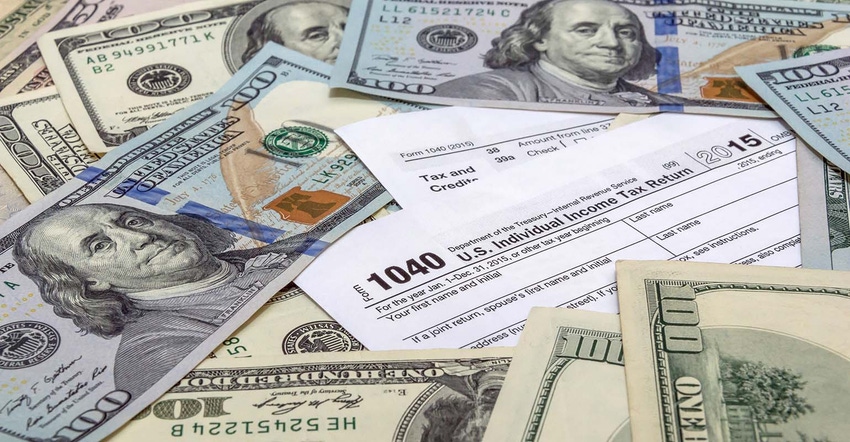
On March 11, the American Rescue Plan was enacted and – as fast as the next week – a good lot of you received your $1,400 stimulus payments. Along with the stimulus payments, the legislation also excluded $10,200 of unemployment compensation for the 2020 tax year. The trick with unemployment compensation is that the IRS also receives a copy of the 1099-G and their automated systems will send an automatic notice to you if you don’t report the income.
So – how do you report and not report income on the same return?
The IRS has provided guidance on how to do this.
Unemployment income is reported on Schedule 1, Line 7 of the Form 1040. The exclusion –referred to as the “Unemployment Compensation Exclusion” (UCE) – amount is reported as a negative amount on Schedule 1, Line 8. Also, the IRS stated that Line 8 be given the description “UCE”. The major qualifier for taking the credit is your adjusted gross income – before the credit – has to be under $150,000. The exclusion is the less of $10,200 or the amount you received in unemployment.
Now, if you already filed your tax return, the IRS told us that we shouldn’t file an amended one. They made a statement that they will automatically adjust your tax return to give you the credit. Just because the IRS said it can make the adjustment if you didn’t/don’t on your return, you should still make the adjustment if you have not filed your return already.
We don’t really know when the IRS will make the adjustments and get refunds back to people. So it’s best to take care of the exclusion on the return itself so you can keep that money in your pocket.
I’ll be honest, I don’t see a lot of farmers who get unemployment, but you may have friends, family, and/or farmhands this may be relevant to. It’s been a long year for everybody so be neighborly and let them know they should talk to a tax professional to help with their taxes if they haven’t in the past.
The opinions of the author are not necessarily those of Farm Futures or Farm Progress.
Read more about:
Covid 19About the Author(s)
You May Also Like






